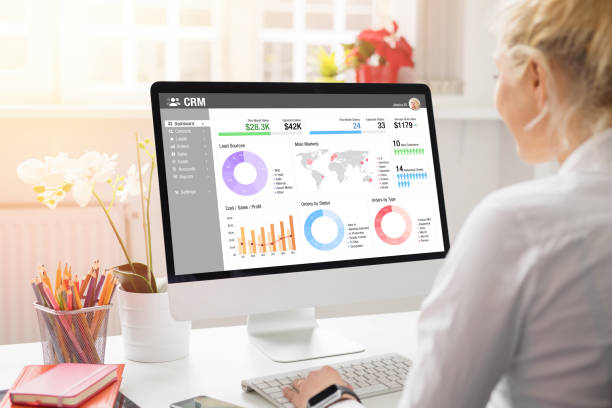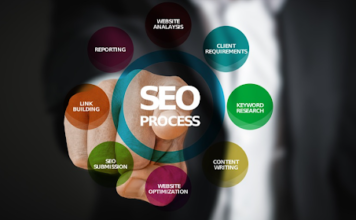CRM systems are common in most companies, and the reason is apparent- improved productivity and customer relations. However, the benefits of construction CRM aren’t just limited to boosting customer relationships. CRM software can help enhance efficiency, minimize errors and lower costs in your business.
Here is how construction CRM helps minimize costs in your construction company:
1. Improved project management
A construction CRM allows you to streamline project management processes. The system achieves this by centralizing information, communication, and documentation. This helps reduce the likelihood of miscommunication, delays, and errors, which can result in costly schedule overruns.
CRM systems also enable construction companies to store and organize project data in a centralized location. The information may include customer details, project specifications, timelines, budgets, and documents. The data is easy to access, making it easy to track progress and make more informed decisions that limit blunders and save costs.
2. Efficient resource allocation
With a construction CRM, you can better allocate your resources. These may include labor, equipment, and materials, and accurately track project requirements and timelines. By doing this, you avoid unnecessary resource shortages or excesses. You also optimize resource utilization and reduce costs associated with inefficiencies.
CRM software can help you track your resources in real time. For instance, you can monitor the availability of equipment and materials, allocation, and utilization. Such information enables you to make informed decisions when allocating resources to specific projects.
You can also set up automated notifications and reminders for resource availability. For instance, the system notifies you when specific equipment is available, ensuring optimal resource allocation.
3. Enhanced lead and opportunity management
CRM software enables you to manage leads, track interactions, and prioritize prospects efficiently. By effectively nurturing leads and converting them into customers, you can maximize sales and reduce the cost of acquiring new projects.
4. Accurate cost estimation
A CRM system can store data, project details, and cost estimates. And this allows you to create accurate and competitive bids. You can use previously stored data and project information to estimate costs accurately and reduce the risk of underestimating costs.
Moreover, construction CRM can analyze the historical cost data of previous projects. This will identify trends, patterns, and cost drivers. By understanding the factors that have influenced costs in the past, you can make accurate projections and estimates. You are then better placed to budget right and cut costs in most project operations.
5. Streamlined communication
CRM software provides a centralized platform for communication among team members, subcontractors and suppliers. It helps reduce communication gaps and delays, which avoids costly misunderstandings.
By adopting a CRM system, employees in different departments can access and update customer information. This shared database enhances collaboration and ensures all workers can easily access recent customer data. This eliminates the need for repetitive or redundant communication.
Conclusion
Construction CRM will benefit your company in many ways. If you are seeking to minimize costs in your construction company, CRM is worth considering. It will enhance productivity, efficiency, and customer relations and help lower costs.




